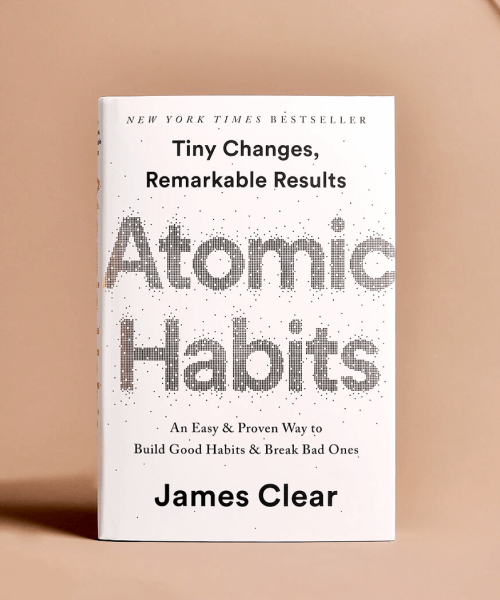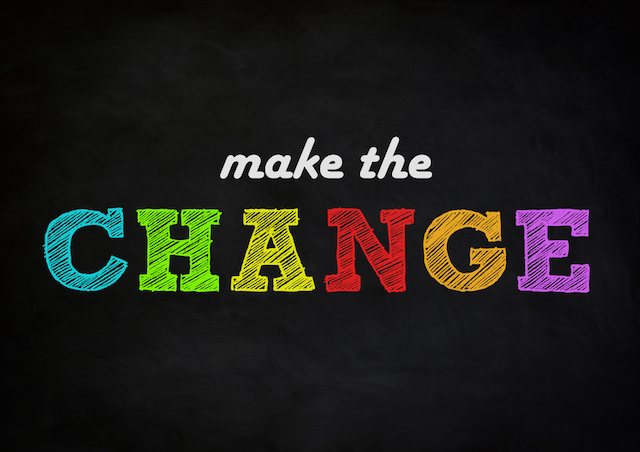The Unseen Foundation: Why Prioritizing Sleep is Your First Step to Lasting Habits
Are you constantly striving for self-improvement, only to find your new habits crumble before they even take root? Perhaps you've vowed to wake up earlier, eat healthier, or exercise daily, but the motivation wanes, and you're back to square one. The truth is, your efforts might be sabotaged before they begin if you're not getting adequate rest. To truly fix sleep first—here’s why it's the non-negotiable cornerstone of self-discipline and sustainable change.
In our achievement-driven world, the pursuit of self-optimization can ironically lead to exhaustion and burnout. Many of us are caught in a cycle of trying to do more, often sacrificing sleep in the process. However, recent insights from leading neuroscientists at Stanford University reveal that sleep isn't just about resting; it's actively involved in neural plasticity, crucial for learning and memory formation—the very bedrock of habit creation. If you want to cultivate lasting change, you need to fix sleep first—here’s what you need to know.
"Those suffering from insomnia are found to be up to 10 times more likely to experience depression and nearly 17 times more likely to experience anxiety." — (Scott et al., 2021)
This alarming statistic highlights the profound impact of poor sleep on mental well-being, which directly affects our capacity for motivation and self-regulation. With a staggering 1 in 3 U.S. adults reporting insufficient sleep, it's clear that a widespread sleep deficit is hindering our collective ability to thrive.
Why Sleep is Essential for Mental Clarity and Drive
Forming a new habit often means breaking an old one, a task that demands significant mental fortitude. Think about the countless times you've decided to reduce screen time, only to find your phone in hand moments later. This isn't a failure of willpower; it's often a direct consequence of sleep deprivation.
Adequate sleep—at least seven hours per night for adults—is directly linked to enhanced working memory and improved response inhibition (Zimmerman et al., 2024). This means a well-rested brain can better recall information and, crucially, exert greater impulse control. When you're well-slept, you're better equipped to recognize and resist urges that conflict with your goals, making it easier to stick to your new routines.
The Science Behind Habit Loops and Rest
Habits are powerful automatic behaviors, often formed subtly and reinforced through repetition. Consider the simple act of reaching for your phone first thing in the morning. What might start as a random action can quickly evolve into a comfortable way to procrastinate or combat grogginess, solidifying into a habit loop. While this rapid habit formation can be concerning for negative behaviors, it also holds immense potential for positive change.
However, the process of consciously building new, healthier habits is more complex than simply repeating an action. It requires the brain's prefrontal cortex, responsible for executive functions like planning and decision-making, to be operating at its peak. Sleep plays a vital role in consolidating memories and strengthening neural pathways, making it easier for new behaviors to become automatic. Without sufficient rest, this critical consolidation process is impaired, making it harder for your brain to establish and retain new habit patterns.
People Also Ask: What Sabotages Our Sleep and Habit Progress?
Many daily choices can inadvertently disrupt our sleep quality, directly impacting our ability to form and sustain new habits. Here are some common culprits:
- Alcohol Consumption: While a glass of wine might seem relaxing, alcohol close to bedtime can lead to fragmented sleep, preventing deeper, restorative stages. (Harvard Medical School, 2023)
- Caffeine Intake: That afternoon coffee can linger in your system for hours, pushing back your natural sleep onset. Be mindful of your caffeine cut-off time.
- Blue Light Exposure: The blue light emitted from screens (phones, tablets, TVs) suppresses melatonin production, making it harder to fall asleep. Opt for reading a physical book or meditating instead.
- Irregular Meal Times: Skipping meals during the day can lead to heavier, late-night dinners. Eating too close to bedtime can cause digestive discomfort, keeping you awake as your body works to process the food.
:max_bytes(150000):strip_icc()/GettyImages-1224859068-d06941b25056461c9441113540a027e0.jpg)
Practical Steps: Proven Sleep Hygiene Tips to Bolster Behavior Change
Now that we understand the deep connection between sleep and habit formation, let's explore actionable solutions to fix sleep first—here’s how to begin. Mandy Heisler Cornelius, LCSW, psychotherapist, emphasizes proactive adjustments to your daily routine.
- Enforce a Digital Curfew: At least an hour before bed, power down all screens. Swap scrolling for calming activities like reading, gentle stretching, or deep breathing exercises. "Start small," suggests Cornelius, "even moving your phone to a different room can make a significant difference."
- Optimize Your Fueling Schedule: Be mindful of what and when you eat and drink. Avoid late-afternoon caffeine and ensure consistent meal times throughout the day to prevent heavy, late-night meals that can disrupt digestion and sleep.
- Strategize for Middle-of-the-Night Wake-ups: If you find yourself awake at 3 A.M. and unable to return to sleep, psychologist Molly Moore, PhD, recommends leaving your bed. "Move to another part of your house and engage in a quiet activity, like reading, until you feel sleepy again." This helps your brain associate your bed solely with sleep, not with wakeful stress.
Building New Habits: Leveraging Your Rested Mind
Once your sleep foundation is solid, you'll find the process of creating new habits significantly smoother. Consider your improved bedtime routine itself as a successful habit-building experiment. Track your progress, noting what triggers might lead to setbacks and how you successfully overcome them. This self-awareness provides invaluable insights for future habit endeavors.
One highly effective strategy is habit stacking. This involves pairing a new desired habit with an existing, daily ritual. For example:
- Morning Sunlight Exposure: As you brush your teeth, step outside for a few minutes to soak in natural light. This signals to your body that it's time to wake up, aiding your circadian rhythm.
- Mindful Journaling: Before you pour your morning coffee, take five minutes to jot down your thoughts or gratitude. This leverages an existing coffee ritual to establish a new mindfulness practice.
By intentionally linking new behaviors to established routines, you minimize the need for extra willpower, making the new habit feel more natural and sustainable. Practice indeed makes perfect, but a well-rested mind and a strategic plan make habit formation not just possible, but inevitable.
:max_bytes(150000):strip_icc()/GettyImages-1311059968-3e46c75c87154546a96e0018f451e592.jpg)
Key Takeaways for Sustainable Habit Formation
- Sleep is Foundational: Before attempting any new habit, fix sleep first—here’s why it boosts self-regulation, focus, and memory, all crucial for lasting change.
- Avoid the Burnout Trap: The pressure for constant self-optimization can lead to exhaustion. Prioritizing rest is a form of self-care, not a luxury.
- Implement Sleep Hygiene: Establish a digital curfew, regulate meals and caffeine, and have a plan for middle-of-the-night wake-ups to improve sleep quality.
- Leverage Habit Stacking: Pair new habits with existing daily rituals to make them easier to adopt and sustain.
- Track Your Progress: Use your improved sleep routine as a testing ground for understanding your habit-forming process and adjusting your approach accordingly.
:max_bytes(150000):strip_icc()/GettyImages-1224859068-d06941b25056461c9441113540a027e0.jpg)











